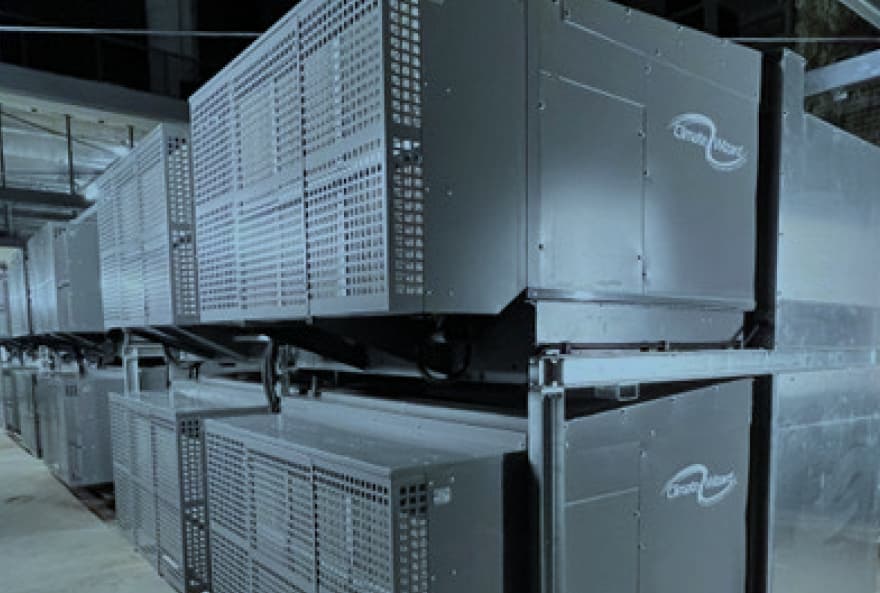University of South Australia (UniSA) researchers have worked with Glaciem Cooling Technologies to build a world-first energy-efficient refrigeration system that could revolutionise cooling in supermarkets, hospitals, and abattoirs.
The indirect evaporative (dew point) carbon dioxide (DP-CO2) refrigeration system has been installed in the new Coles supermarket in Norwood, SA. It has subsequently been tested and monitored under the RACE for 2030 CRC research program.
Preliminary results indicate that the system can reduce annual refrigeration energy consumption by 19 per cent and reduce peak electricity demand by 37 per cent, reducing greenhouse gas emissions and ongoing operational costs for the supermarket.
If these results are achieved, Coles and other businesses may be encouraged to adopt the new system across all their sites to slash electricity consumption and greenhouse gas emissions associated with cold chains.
Big savings all round
UniSA sustainable energy researcher Dr Tim Lau says HVAC&R can account for up to 70 per cent of customers’ electricity usage and 24 per cent of Australia’s overall electricity consumption.
“The system uses dew point coolers to pre-cool the ambient air, allowing the overall system to operate efficiently even in hot climates exceeding 40°C, reducing energy usage by more than a third compared to conventional systems during summer months,” Dr Lau says.
A computational model has been developed to assess the system’s potential across various sectors, including hospitals, meat processing plants, cold storage and aquariums. The greatest benefits are expected to be seen in hot, dry climates like central Australia.
“This project paves the way for greener and more cost-effective commercial refrigeration, not only in Australia but across the world,” Dr Lau says.
Image provided by UniSA.
 Nick Johns-Wickberg
Nick Johns-Wickberg


Leave a Reply